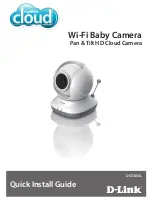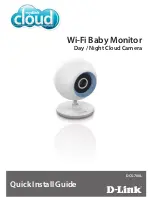
H 77
4. If the Polar heart rate monitor still does not work with the exercise
equipment, this piece of equipment may be electrically too noisy for
wireless heart rate measurement.
H 76
Polar Heart Rate Monitor and Interference
Electromagnetic Interference
Disturbances may occur near high voltage power lines, traffic lights,
overhead lines of electric railways, electric bus lines/ trams, televisions, car
motors, bike computers, some motor driven exercise equipment, cellular
phones or when you walk through electric security gates.
Crosstalk
The Polar wrist receiver in non-coded mode (mode is indicated by heart
symbol without frames) of operation picks up transmitter signals within 3
feet/ 1 meter. Non-coded signals, from more than one transmitter picked up
simultaneously, can cause an incorrect readout.
Exercise Equipment
Several pieces of exercise equipment with electronic or electrical
components such as LED displays, motors and electrical brakes may cause
interfering stray signals. To try to tackle these problems, relocate the Polar
wrist receiver as follows:
1. Remove the transmitter from your chest and use the exercise equipment
as you would normally.
2. Move the wrist receiver around until you find an area in which it
displays no stray reading or flashing of the heart symbol. Interference is
often worst right in front of the display panel of the equipment, while
the left or right side of the display is relatively free of disturbance.
3. Put the transmitter back on the chest and keep the wrist receiver in this
interference-free area as far as it is possible.
Minimizing Possible Risks in Exercising with a Heart Rate Monitor
Exercise may include some risk, especially for those who have been
sedentary. Before starting a regular exercise program an individual is
recommended to answer to the following questions for health status
checking. If the answer is yes to any of the questions, we recommend to
consult a doctor before starting an exercise program.
•
Have you not exercised for the past 5 years?
•
Do you have high blood pressure?
•
Do you have high blood cholesterol?
•
Do you have symptoms of any disease?
•
Are you taking any blood pressure or heart medication?
•
Do you have a history of breathing problems?
•
Are you recovering from a serious illness or medical treatment?
•
Do you use a pacemaker or another implanted electronic device?
•
Do you smoke?
•
Are you pregnant?
Note that in addition to exercise intensity, medications for heart, blood
pressure, psyche, asthma, breathing etc. as well as some energy drinks,
alcohol and nicotine, can affect heart rate.
S810i manual USA GBR A.pm6
29.7.2002, 14:15
76-77











































